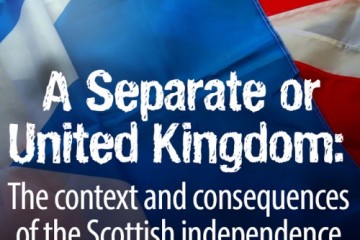
What happens to Scotland’s Westminster MPs after a ‘yes’ vote?
On 25 March this year, a bill disenfranchising around 4 million people was introduced to Parliament. It barely received any press coverage, and though it was defeated it raised an important and oddly neglected constitutional question.
The bill in question was proposed by Tory John Stevenson, and asked “that leave be given to bring in a Bill to amend the Representation of the People Act 1983 to disenfranchise all residents of Scotland eligible to vote in any United Kingdom General Election held after 18 September 2014 in the event of a positive vote in the Scottish Independence referendum; and for connected purposes.”[1] It attempts to solve an anomaly caused by the electoral calendar: Scotland votes on independence on 18 September this year, but would only become an independent nation some time in 2016 (the Scottish government is planning for 24 March[2]). In between those two dates, of course, the UK will hold a general election. Some Conservatives argue that Scots shouldn’t return MPs to Westminster in 2015 because most laws passed by the 2015 Parliament will not apply to Scotland. The problem is exacerbated by the Labour Party’s dominance in Scottish constituencies: 2015 could well see a Labour majority in Westminster and a Conservative majority in ‘rump UK’, i.e. the United Kingdom minus Scotland. In this situation – one of the most likely outcomes of the general election – by whom would Britain be governed?










